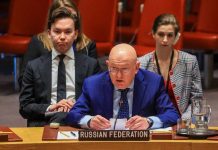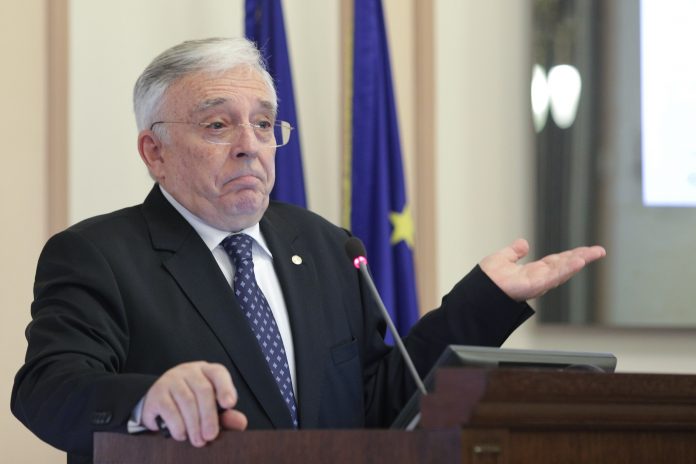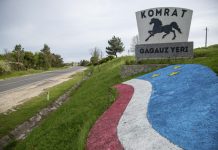Mugur Isarescu, the governor of the National Bank of Romania, was an informant for Securitate secret police, reporting on ordinary people who complained about shortages during the dark communist years, a council in charge of the files asserted Thursday.
The National Council for the Publication of the Securitate Archives stated that Isarescu was an informer from 1979 until the overthrow of communism in 1989. On Thursday it sent documents to the Bucharest Court of Appeal to rule on Isarescu’s level of involvement with the agency.
There was no immediate reaction from Isarescu, 70, who has been governor of the central bank from 1990. He briefly stepped down to be premier in 1999 and then ran for president in 2000, before heading back to his job at the central bank.
In the past, he has denied collaborating with the repressive secret police. Central bank spokesman Adrian Vasilescu recently said that the bank’s position was that he hadn’t been an informer.
During the communist regime, Isarescu was a researcher for the Institute for International Economics and took various courses in the U.S.
Reportedly the longest-serving central bank governor in the world, the latest development gives weight to what many have long believed: that former Securitate agents went into politics and banking after the overthrow of the regime of Nicolae Ceausescu. Others took advantage of their connections and went into business.
The Securitate kept tabs on Romanians with an network of informants, and suppressed dissent against the increasingly paranoid Ceausescu.
The national Agerpres news agency quoted the council saying Isarescu reported on people who criticized shortages during the communist regime, such as a lack of hot water, heat and electricity.
In one example, Isarescu reported on someone in 1987 who had “fairly frequent outbursts against social aspects such as public transport from Drumul Taberii (a district in Bucharest), central heating in the apartment, food supplies, and the television programs. (the unnamed person) tends to make comparisons to other countries.”
Passages were redacted from his file, such as his code name, who he reported to, and whom he informed on.
The council said “from 1979-1989, during his collaboration with the Securitate, he provided information where activities against the totalitarian regime were denounced, such as negative commentaries about living standards in Romania under the communist regime, compared to other countries.”
Romania is one of the few former communist countries that has failed to open its secret police archives, partly because former agents continued to hold privileged positions, critics say.



















